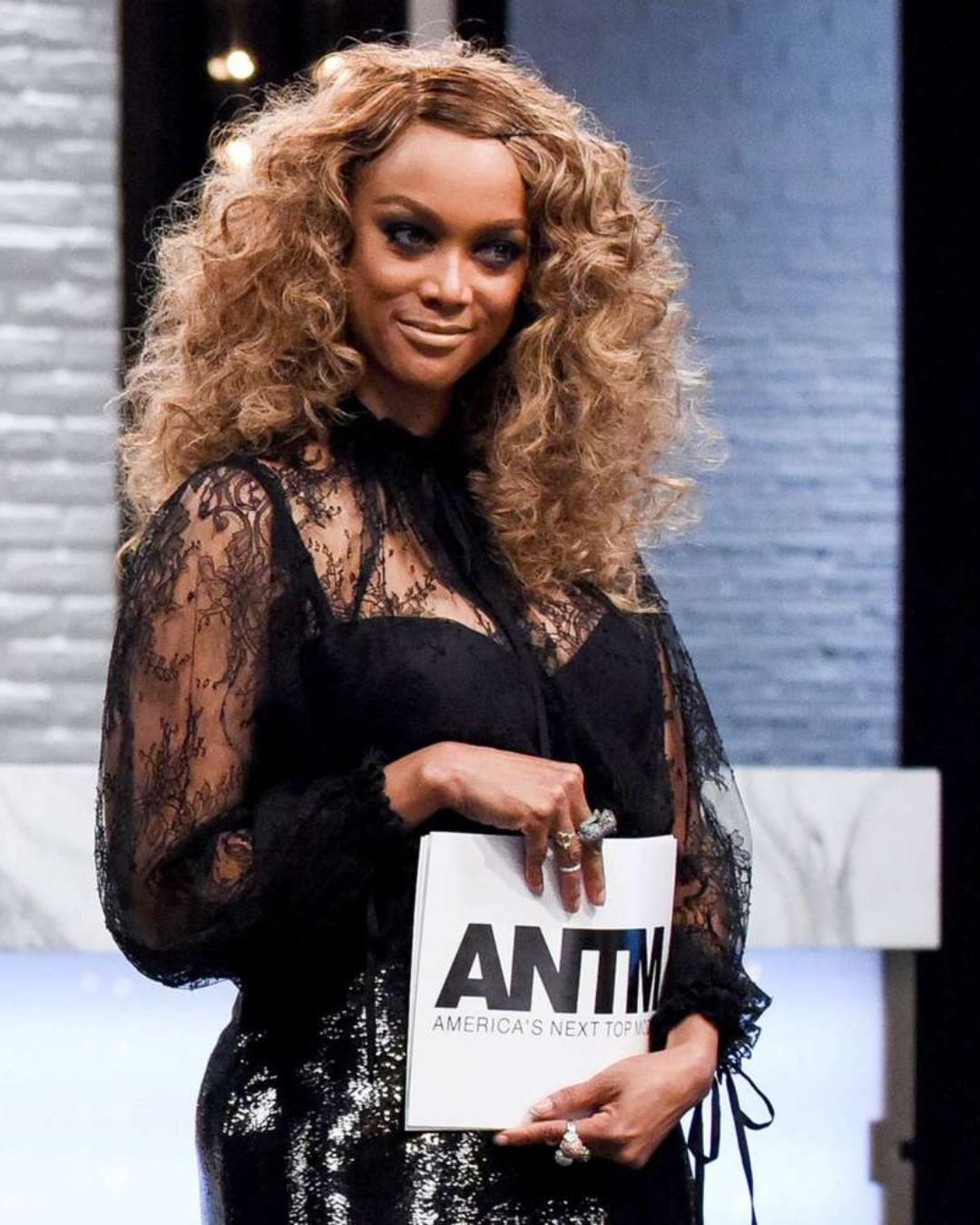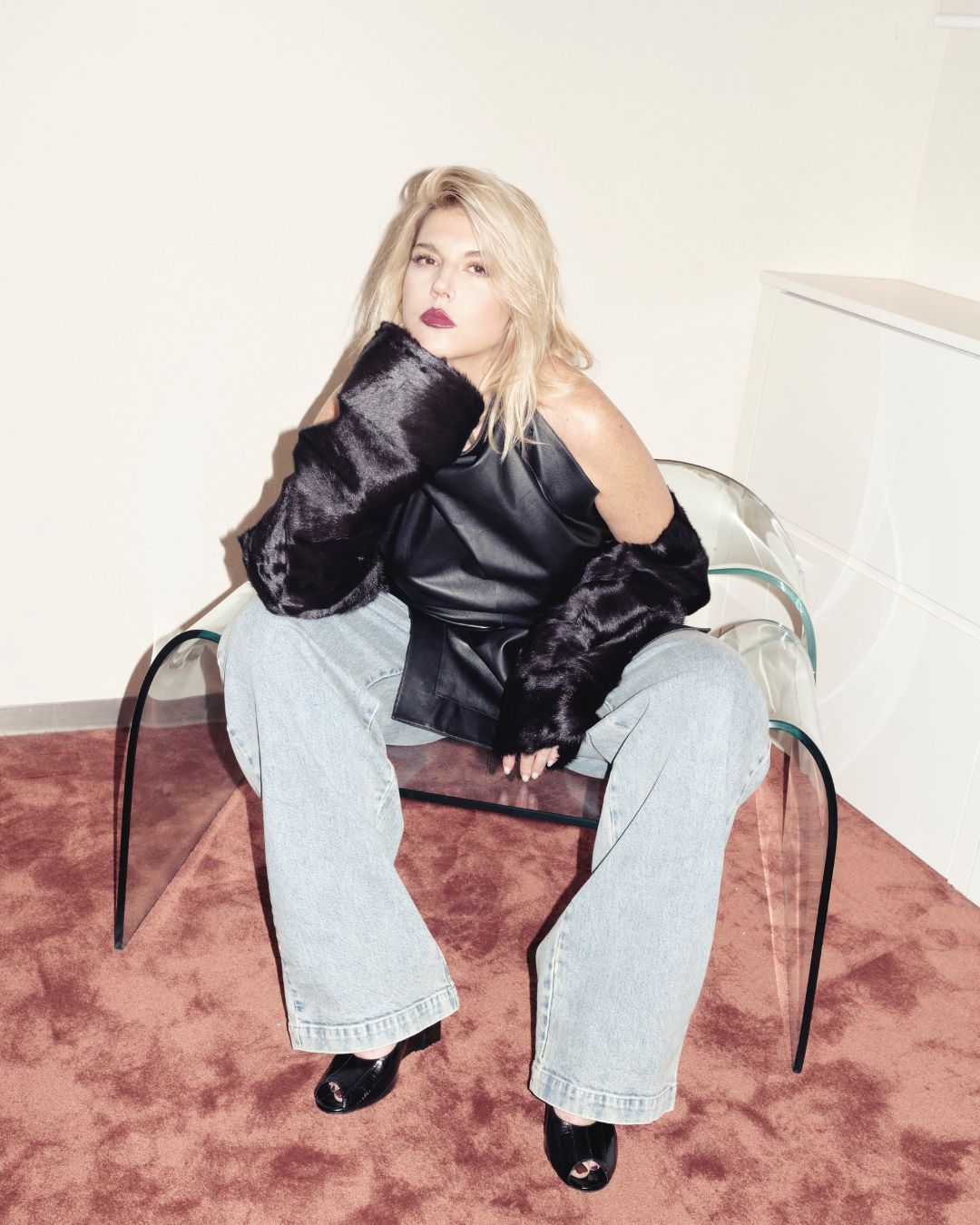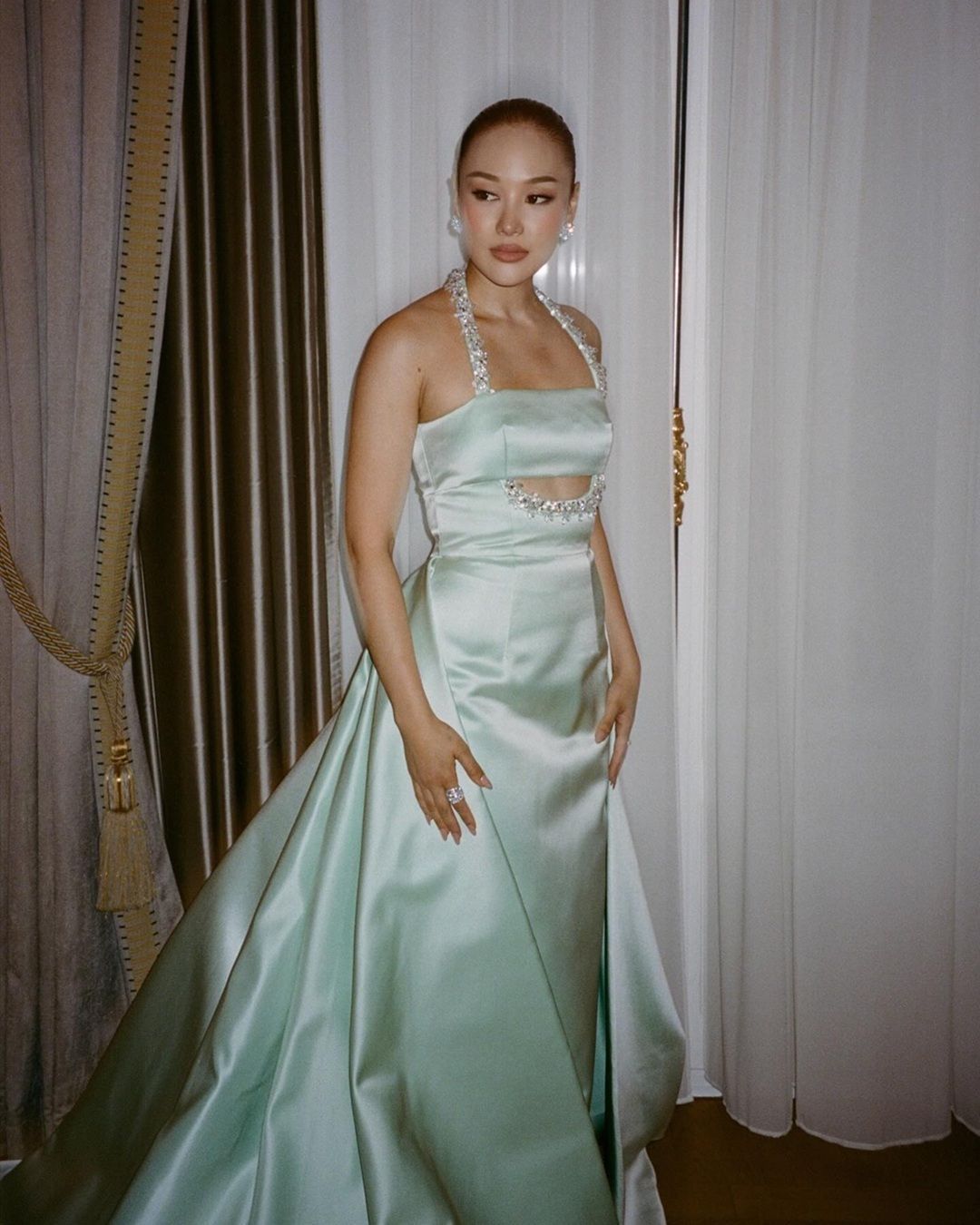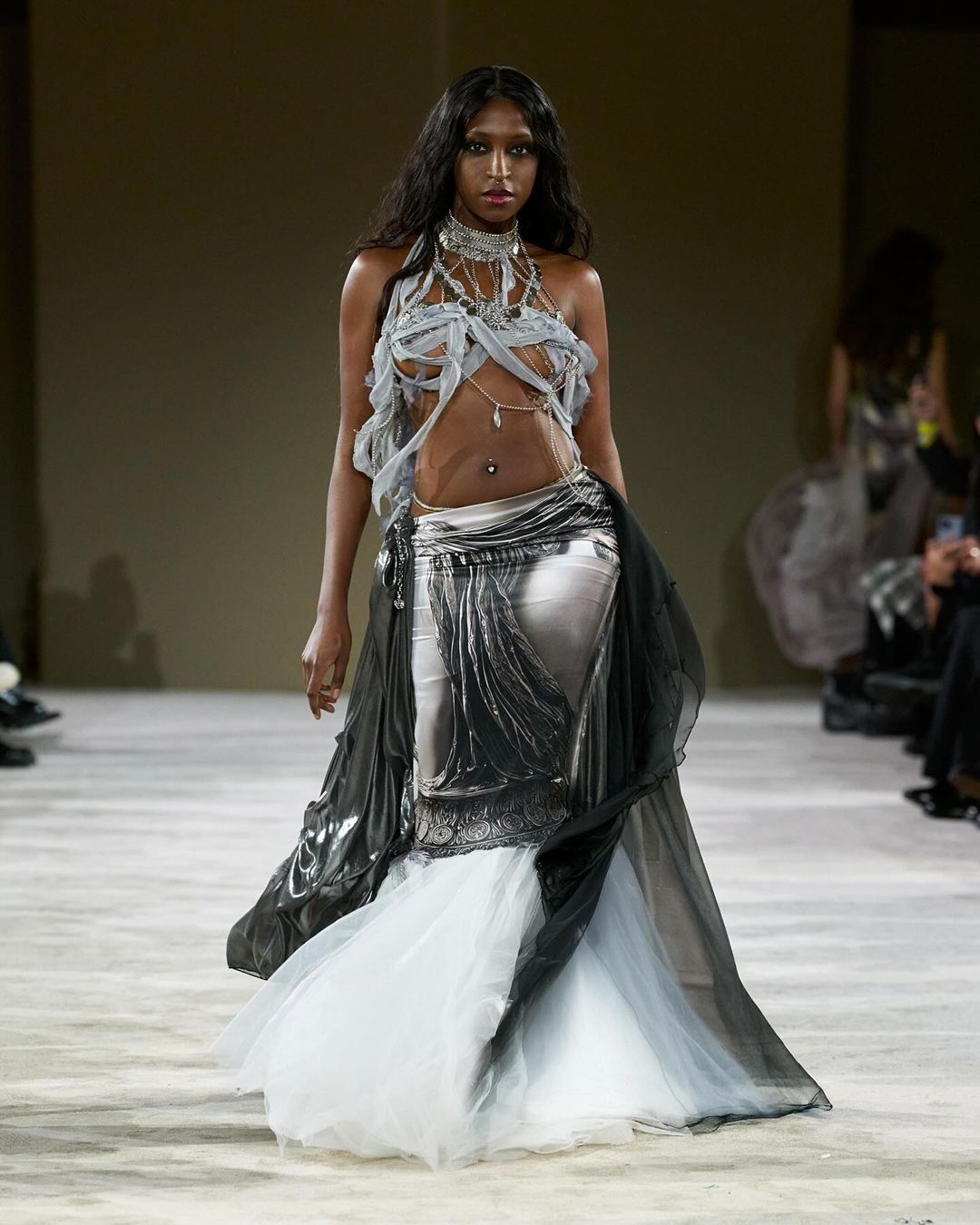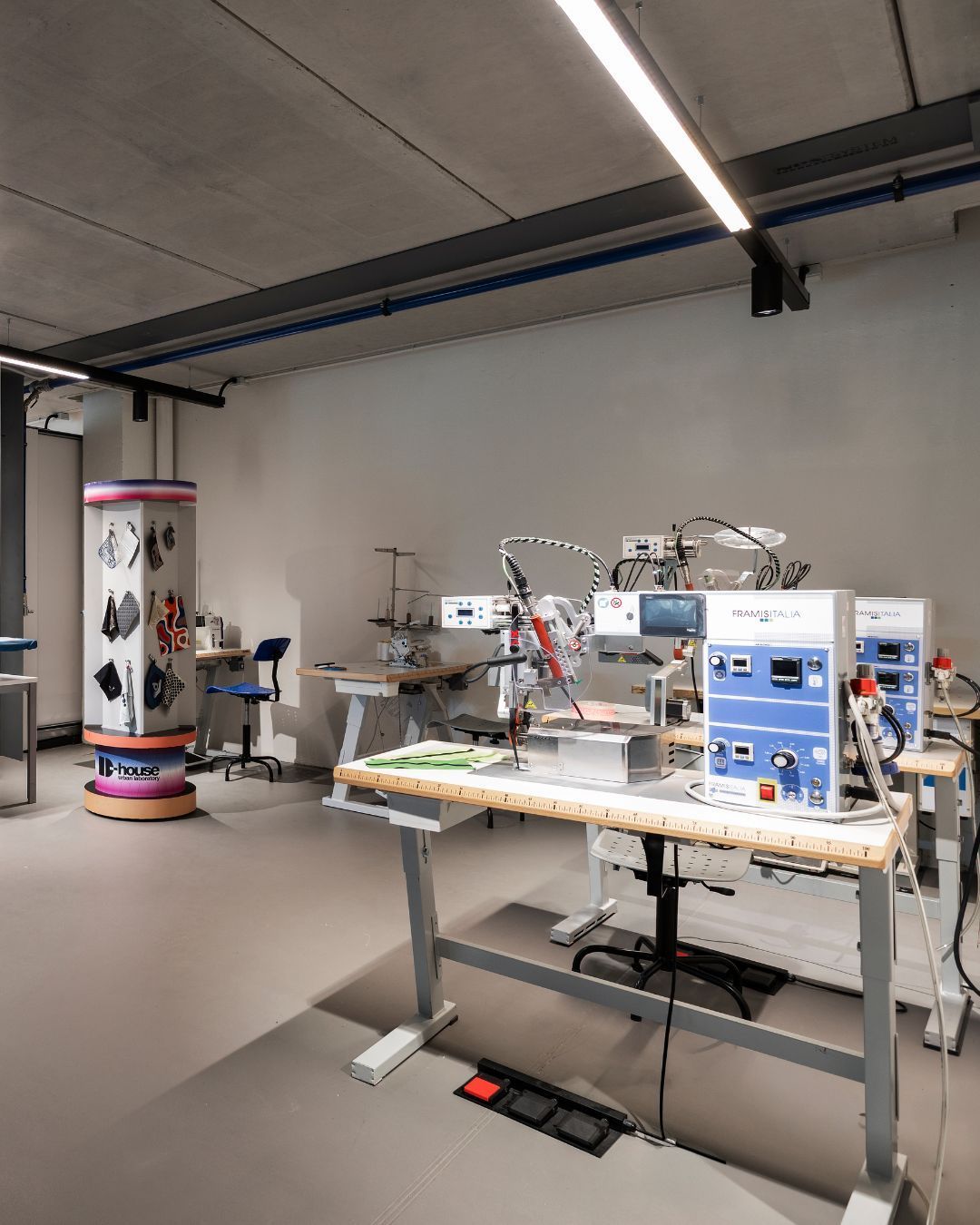
The eco-friendly brands you may not know Transparent and committed to saving the planet
Interest in sustainability has prompted many companies to reconsider their practices and evolve towards a more responsible business model, changing the way they produce and choose raw materials. Recycled and organic fabrics are becoming increasingly popular as they reduce the negative impact on the environment and promote awareness of material origin. This approach not only helps reduce the amount of textile waste but also enforces greater social responsibility and transparency in the supply chain, leading to the adoption of ethical practices, fair working conditions, and respect for human rights. With a growing focus on innovation, some companies are leading the change, committing to responsible production processes, minimizing waste, using recycled materials, and designing and producing items with reduced environmental impact in various ways.
The Difference Between Eco-Friendly and Sustainable
Eco-friendly fashion aims to be just that: a response to the environmental challenges of our time. Production may include practices that reduce resource use, pollution, and overall ecological impact. Sustainably produced items, on the other hand, seek to reduce the negative effect on the environment, embracing a broader approach that considers sustainability throughout the entire production chain, including materials, manufacturing, transportation, and consumption, looking at the global ecological footprint. The difference between eco-friendly and sustainable may be nuanced, but it generally reflects various facets of environmental impact and sustainability throughout the product's lifecycle.
Here are some eco-friendly brands demonstrating how it's possible to thrive without compromising the environment.
Eileen Fisher
Eileen Fisher has emerged as a pioneer in sustainable fashion, with a strong commitment to ethical practices and eco-friendly materials. Founded in 1984 by Eileen Fisher herself, the brand has redefined industry standards, proving that fashion can be contemporary, stylish, and sustainable simultaneously. The brand prioritizes organic materials such as organic cotton and linen and invests in production processes that reduce environmental impact. This approach is reflected in a wide range of items that not only follow the latest trends but are also created with an environmental conscience, timeless and versatile beyond fleeting seasonal trends. The brand is also plus-size and curvy friendly. Eileen Fisher is committed not only at the production level but also in promoting transparency and accountability. The brand openly communicates about the origin of materials and working conditions, contributing to raising awareness among consumers about ethical supply chains.
The Line by K
The Line by K has established itself as a forward-thinking brand with a strong commitment to sustainability. Founded by designer Karla Deras, it stands out for its elegant and minimalist approach that seamlessly integrates with an ecological production ethic. What sets The Line by K apart is its conscious choice of sustainable materials. This translates into a clothing line that not only expresses a distinctive style but is also made with ecological responsibility. Karla Deras has cultivated a fashion vision that goes beyond trends, focusing on creating items that stand the test of time, available in plus-size as well. In addition to the commitment to sustainability, The Line by K has also been recognized for promoting diversity and inclusivity by featuring models of various ethnicities and body shapes in its campaigns.
Bethany Williams
Bethany Williams is committed to sustainability, creating genderless garments with a strong social impact, using fashion as a means to promote change and raise awareness about important issues. Her mission is highlighted through collaborations with charitable organizations and the integration of political messages into her collections.
FATRA
Founded in 2017 by designer Akilah Stewart, FATRA LLC produces ethically made luxury bags using vintage, recycled, or ethically made materials. The bags are crafted by the founder and occasionally by a rotating group of women from various organizations, using recycled materials such as recycled plastic bottles and surplus fabrics. FATRA also organizes informative educational workshops on the hazards of single-use plastic and how to avoid them, as well as sewing lessons and how to repair garments instead of discarding them. The brand aims to shift the fashion industry towards a more circular way of designing, producing, and consuming by reintroducing excess stock into the supply and production chain to eliminate waste. For FATRA LLC, waste represents a missed opportunity to reclaim value and they want to expedite the development of waste as a resource.
Pronounce
Founded in 2016 by Yushan Li and Jun Zhou, Pronounce has quickly gained recognition for its inclusive philosophy and the ability to challenge gender norms through fashion. Pronounce's collections stand out for their innovative fusion of masculine and feminine elements, creating a fluid aesthetic that transcends traditional fashion expectations. Li and Zhou draw from multicultural influences, blending patterns, fabrics, and cuts from different traditions to create a unique visual language. Pronounce has demonstrated a strong commitment to sustainability; the brand is committed to using eco-friendly materials and reducing the environmental impact of production, reflecting a contemporary sensitivity to environmental challenges. Pronounce has also announced its debut in January 2024 during Milan Men Fashion Week.
Puppets and Puppets
Founded by designer Carly Mark, the brand stands out for its theatrical aesthetic and strong commitment to sustainable production practices. Puppets and Puppets pays particular attention to the choice of eco-friendly materials and reducing environmental impact. The label is committed to using sustainable fabrics and implementing production processes that respect the environment. Furthermore, Puppets and Puppets is committed to transparently communicating its philosophy and information about the production chain. Its creations are often characterized by eccentric cuts, vibrant colors, and details that transform each garment into a wearable work of art.
Paloma Wool
Paloma Wool is a brand that has gained recognition for its commitment to sustainability and a unique aesthetic. Founded by Paloma Lanna, the Spanish brand stands out for its ethical approach to clothing production. One of Paloma Wool's distinctive features is its attention to traceability and the quality of materials used. The brand prefers ecological, organic, and recycled fabrics, thus reducing the environmental impact of its production. In addition to sustainability and aesthetics, the brand also promotes diversity and inclusivity in its campaigns and models.




































